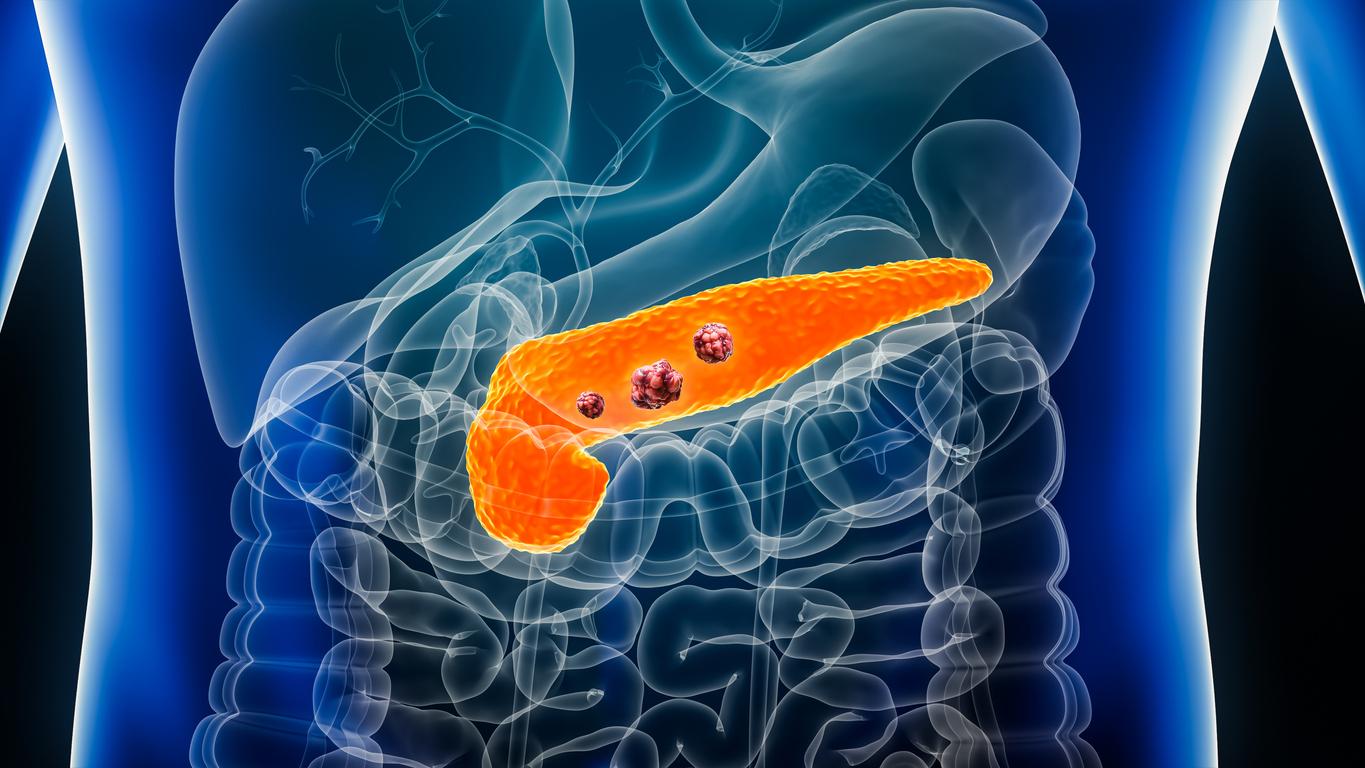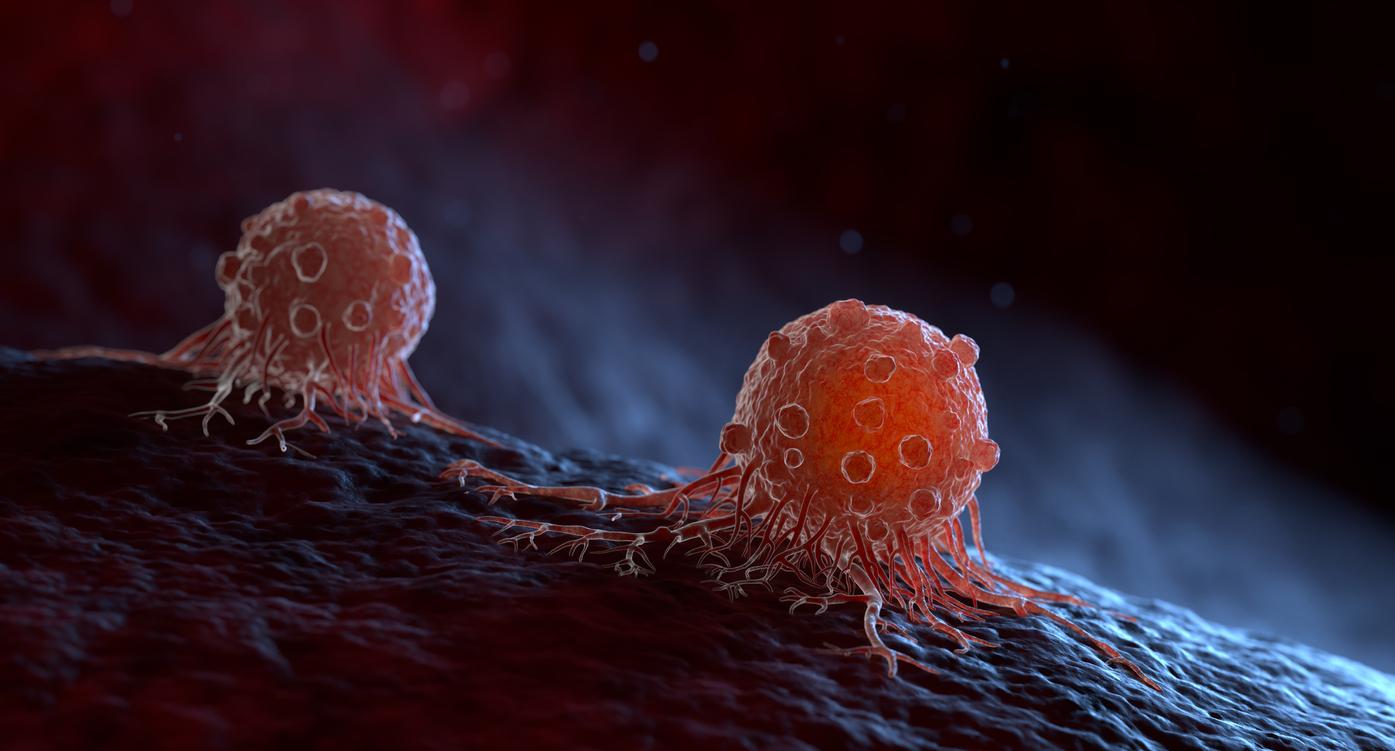American researchers have succeeded in identifying a new gene responsible for the formation of pancreatic cancer, one of the deadliest in the world.
-1556962281.jpg)
With 330,300 deaths every year worldwide and a survival rate not exceeding 20%, pancreatic cancer is today the cancer with the worst prognosis. It is often diagnosed too late and tends to resist the various treatments currently offered. But if we have known for a long time that the oncogene KRAS is the main cause of this cancer, researchers would have today discovered another gene crucial in the formation of the disease, called “ataxia-telangiectasia complement group D” or ATDC. Their study will be published on 1er june in the newspaper Genes & Development.
For their research, Doctor Diane Simeone, director of the Pancreatic Cancer Center at the Langone Perlmutter Cancer Center in New York (USA), and her colleagues based themselves on the theory that tumors result from regressing adult cells. at a more primitive stage such as the cells of rapidly growing fetal development. In the case of pancreatic cancer, the adult cells would regress to repair the injuries of pancreatitis (inflammation of the pancreas) and supply the body with new cells to replace the lost ones. But if in a healthy organism, this process would start quickly and would stop as soon as the wounds were repaired, in a more fragile person, it would go too far, thus causing cancer.
During their study, the researchers worked on mice artificially infected with pancreatitis. They then focused on pancreatic cells called acinar cells. The latter secrete digestive enzymes that can damage the tissues of the small intestine. To repair the damage of inflammation, they could quickly revert to the fast-growing stage of fetal development and progress to a second stage called “pancreatic intraepithelial neoplasia” in which they multiply far more than they should.
An increase in the ATDC gene
A few days after pancreatitis damaged the tissues, the researchers would have discovered an increase in the ATDC gene, in addition to the presence of the famous KRAS oncogene. The researchers then decided to leave this gene in some mice and remove it from others. Result: rodents cleared of the ATDC gene were spared while the others developed aggressive pancreatic cancer, says the study.
A discovery that surprises scientists themselves. “We thought deleting the ATCD gene would slow down cancer instead of preventing it altogether,” exclaims Diane Simeone. “We discovered that deleting the ATCD gene in pancreatic cells produced one of the most significant blocks to tumor formation ever observed in a mouse programmed to develop pancreatic adenocarcinoma (…) which reproduces the human disease at the same,” she continued.
A disease that affects men more
Further research would also have allowed researchers to reveal in even more detail the chain mechanism by which ATCD eventually leads to cancer. Scientists have also identified another signaling protein and a gene that are also involved in tumor formation. Ultimately, these discoveries could perhaps lead to new treatments and strategies against pancreatic cancer.
The pancreas is an organ of the digestive system buried in the abdomen and located behind the stomach. It helps in digestion and in the regulation of blood glucose levels. In France, in 2011, the number of new cases of pancreatic cancer was estimated at around 9,000, according to theNational Cancer Institute (INCA). The disease is most often diagnosed at over 50 and seems to affect men more. So, according to The Swiss Medical Review“non-modifiable risk factors are family history of pancreatic cancer and chronic pancreatitis, age, male gender, non-O blood types”.
A few months ago, other American researchers also made a promising discovery concerning this deadly cancer. They would thus have succeeded in developing a strategy involving an anti-CD40 antibody, a checkpoint inhibitor and standard-of-care chemotherapy supported by patients for more than a year. “Although only time and further research will tell, our data are cause for optimism,” the study concluded.

.















